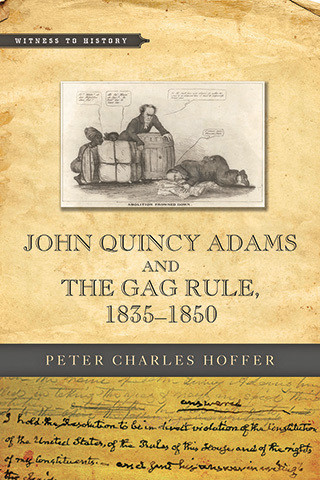
Reviews
Mandell has written the best concise account of this total war... Although there are numerous books on this war... none are so accessible to general readers or college undergraduates... Highly recommended.
Mandell has made a very valuable contribution to our understanding of Native American history in a period long overlooked.
A carefully crafted, well-researched book... This review does not do justice to this rich account of the complex interactions of race, ethnicity, class, and gender in the survival of native peoples.
Mandell's superb book on a long-neglected subject should affect the way the larger narrative of this era of American history is written.
Book Details
Prologue
1. Struggles in New England
2. King Philip and Plymouth
3. The War Widens
4. Indians Ascendant
5. Colonists Victorious and Wounded
Epilogue
Acknowledgments
Notes
Suggested Further Reading
Index






